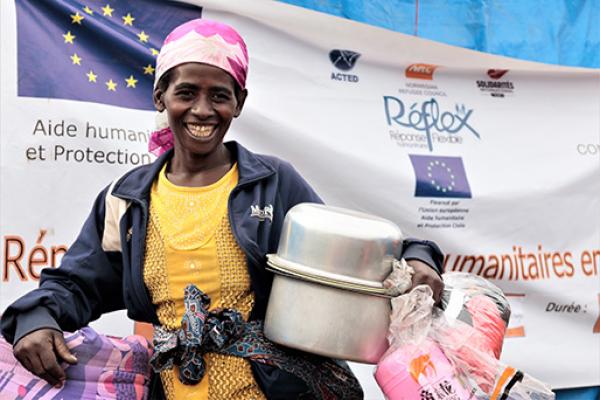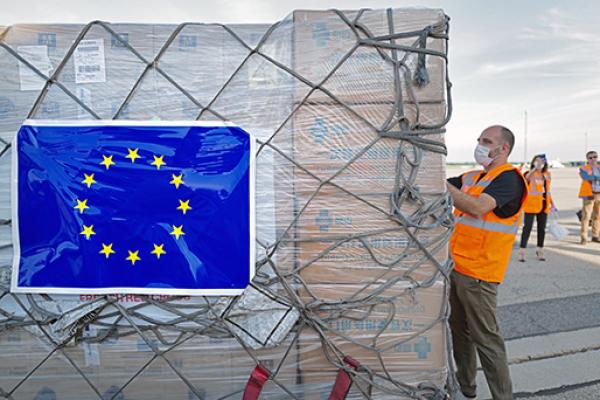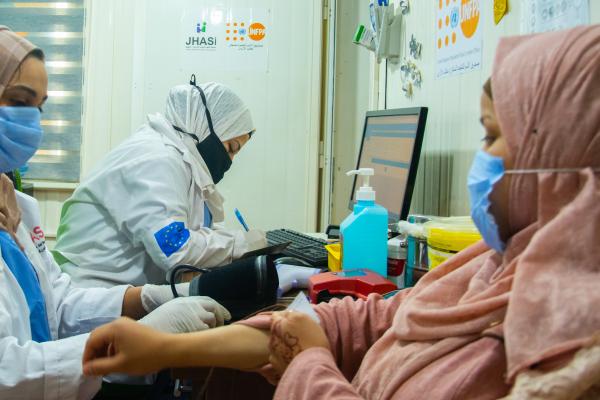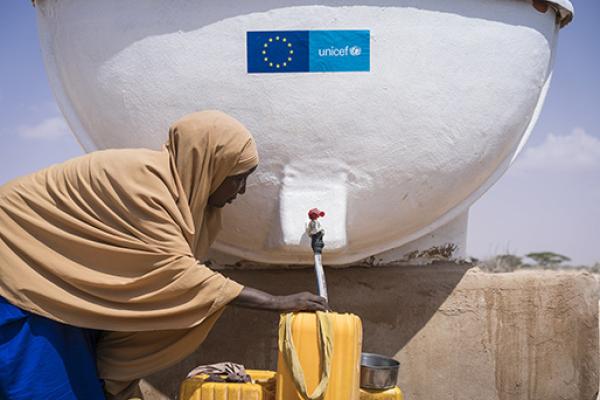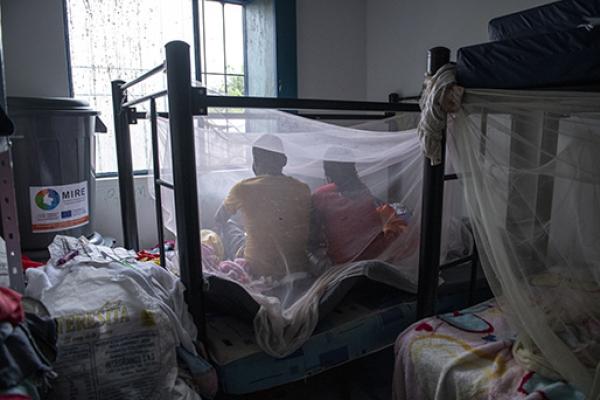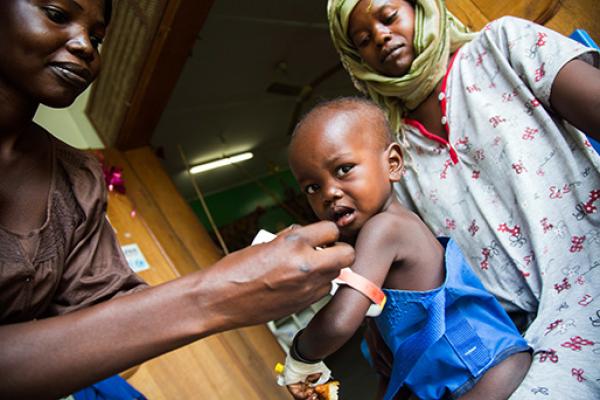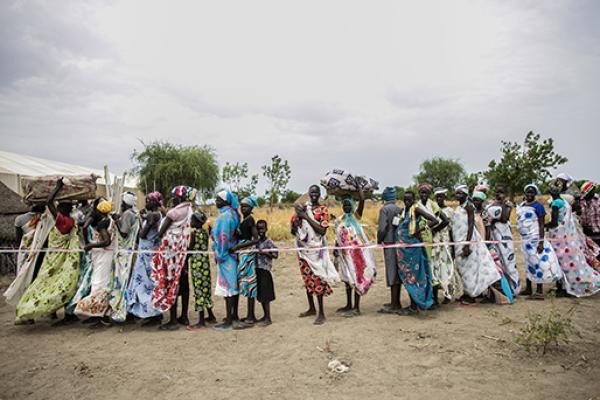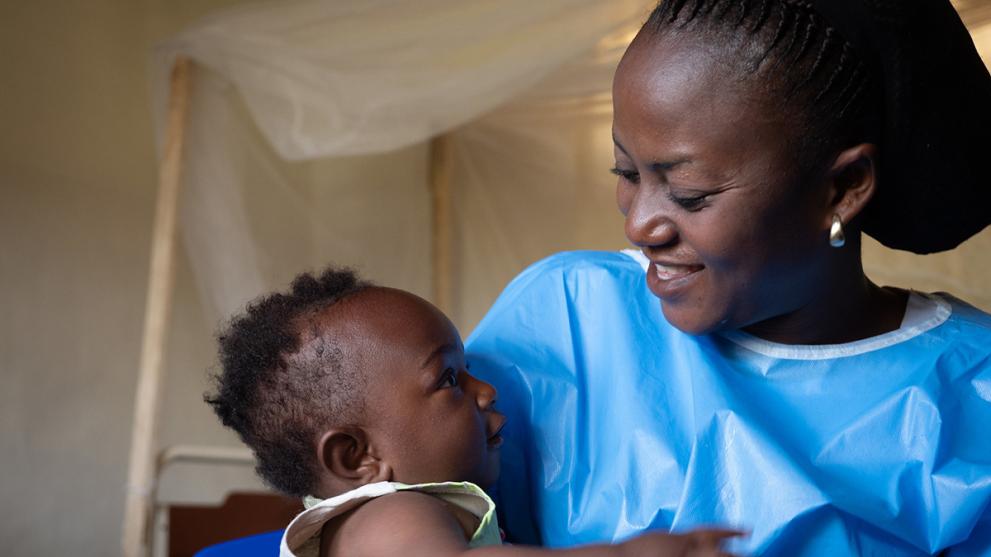
The humanitarian situation in the Democratic Republic of the Congo (DRC) continues to deteriorate, especially in the east of the country. As a result, the EU is allocating an additional €32.7 million, to support the humanitarian crisis response in the country.
The new funding comes in addition to the €45.7 million announced earlier this year and brings the total funding for the DRC to almost €80 million for 2023.
This funding will be channelled through humanitarian organisations to cover immediate needs such as nutrition, health care, water and sanitation, shelter and protection.
The EU has also set up Humanitarian Air Bridge flights to Goma in eastern DRC, delivering essential medical and nutritional supplies and other emergency items.
In March and April 2023, this Humanitarian Air Bridge delivered a total of 260 tonnes of supplies through 7 flights. They were organised in collaboration with France and our humanitarian partner organisations.
Commissioner for Crisis Management, Janez Lenarčič, said: “The deteriorating security situation in the Democratic Republic of the Congo is a tragedy for millions of people, who have lost their lives or been displaced due to violence. The EU remains committed to supporting the delivery of aid to the most vulnerable. Our Humanitarian Air Bridge to Goma was instrumental in this regard. The new funding announced by the EU will help scale up the humanitarian response, so we can reach as many people as possible.”
Background
Humanitarian needs in the Democratic Republic of the Congo (DRC) are among the highest in the world. There are currently over 6.2 million displaced people within the DRC – the highest number in Africa.
More than 1 million Congolese refugees live in neighbouring countries. Given the instability in the region, the DRC itself hosts more than half a million refugees from neighbouring countries. The rapid deterioration of the security situation in the east of the country has resulted in more than 1.1 million civilians becoming newly displaced since March 2022.
The number of internally displaced persons keeps evolving as populations flee new areas of fighting. Many live in highly precarious conditions and nearly 500,000 people are stranded in and around Goma, the capital of North Kivu province. Almost all live in inhuman conditions and face multiple needs, including food, water and sanitation, health care, and shelter.
In conflict-affected areas, violence and insecurity limit income-generating opportunities, disrupt agriculture and displace populations, resulting in some 27 million people being acutely food insecure (over 1/4 of the population). An estimated 2.8 million children are acutely malnourished.
Details
- Publication date
- 26 April 2023
- Author
- Directorate-General for European Civil Protection and Humanitarian Aid Operations (ECHO)

